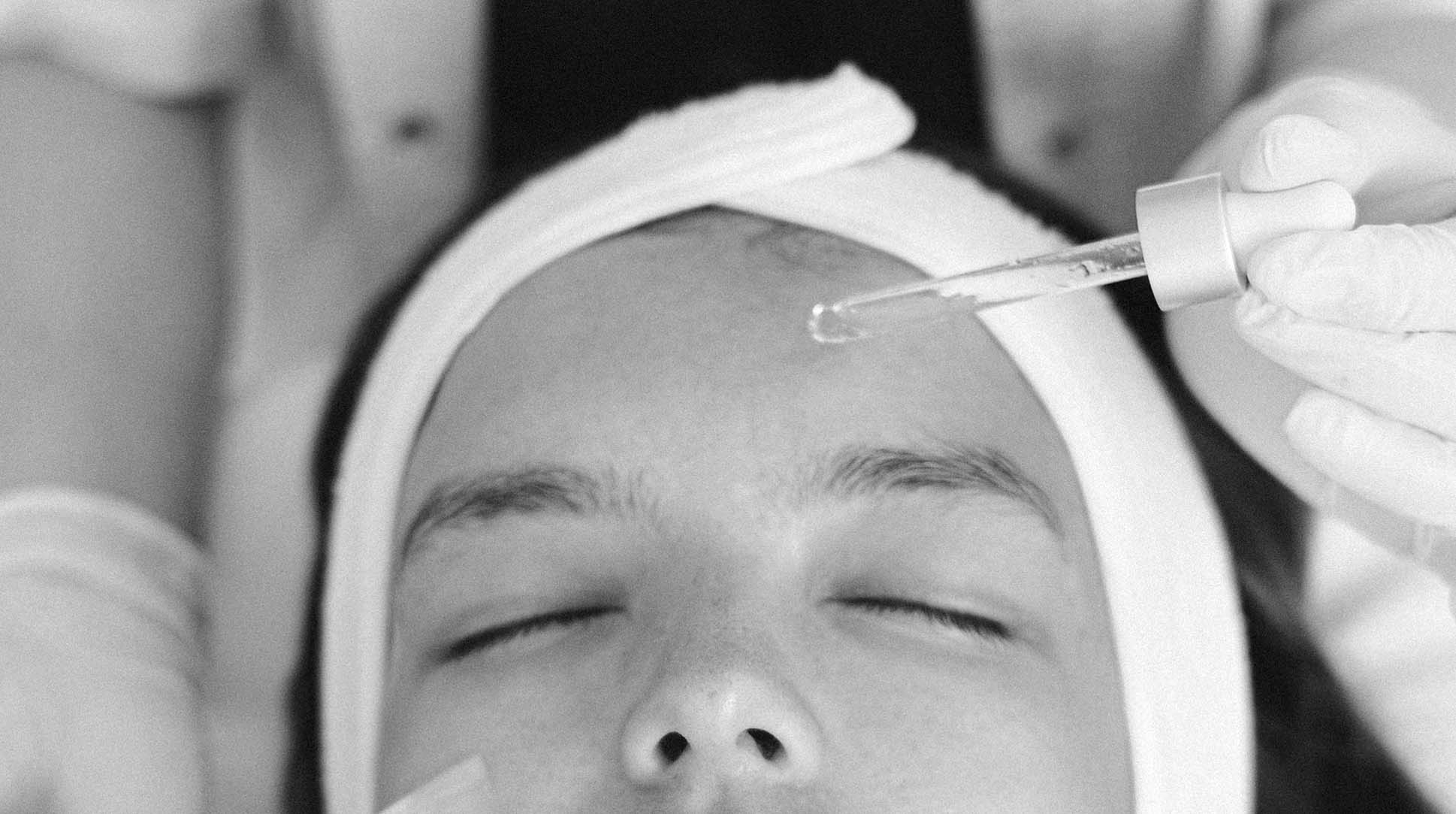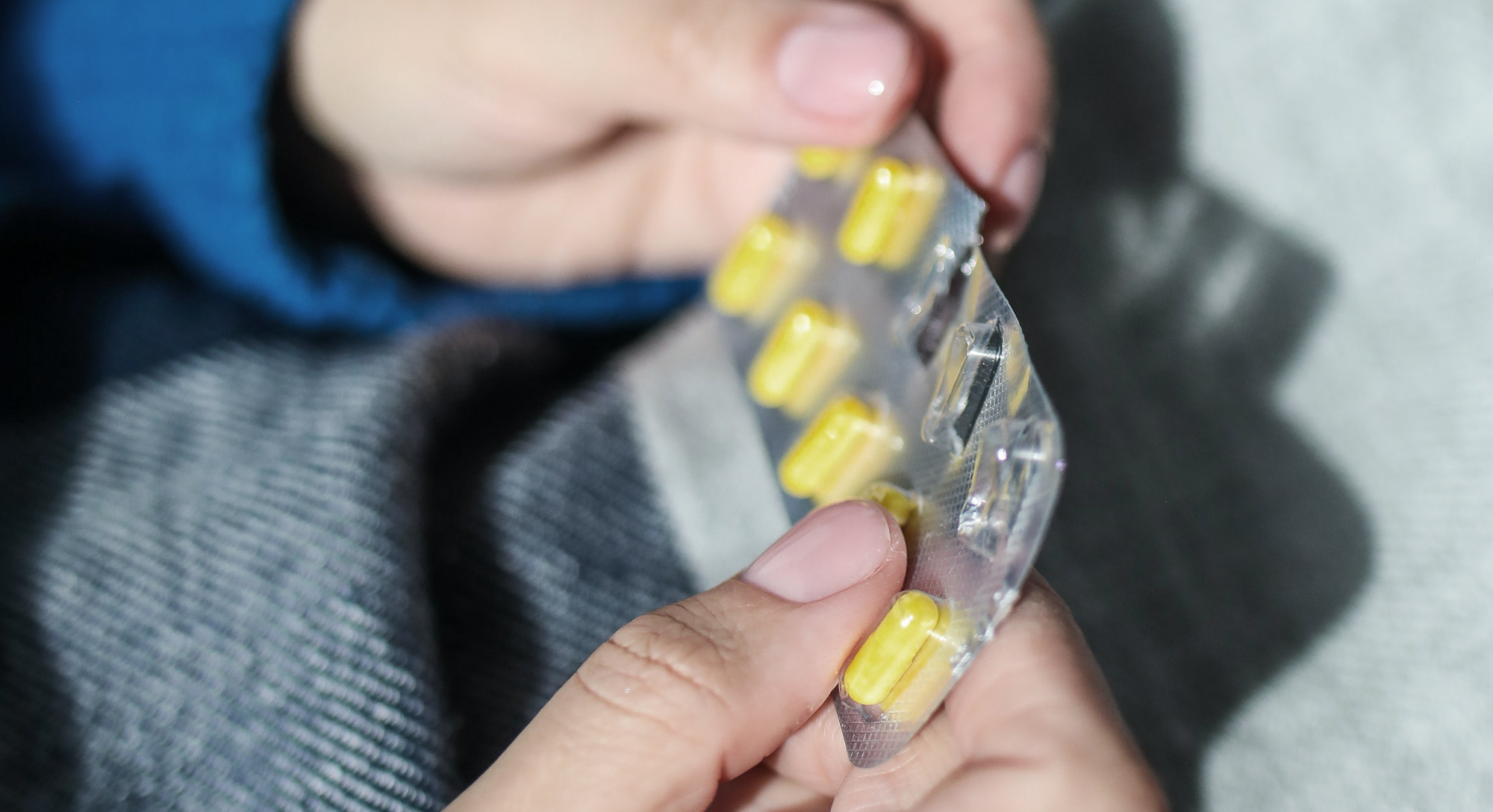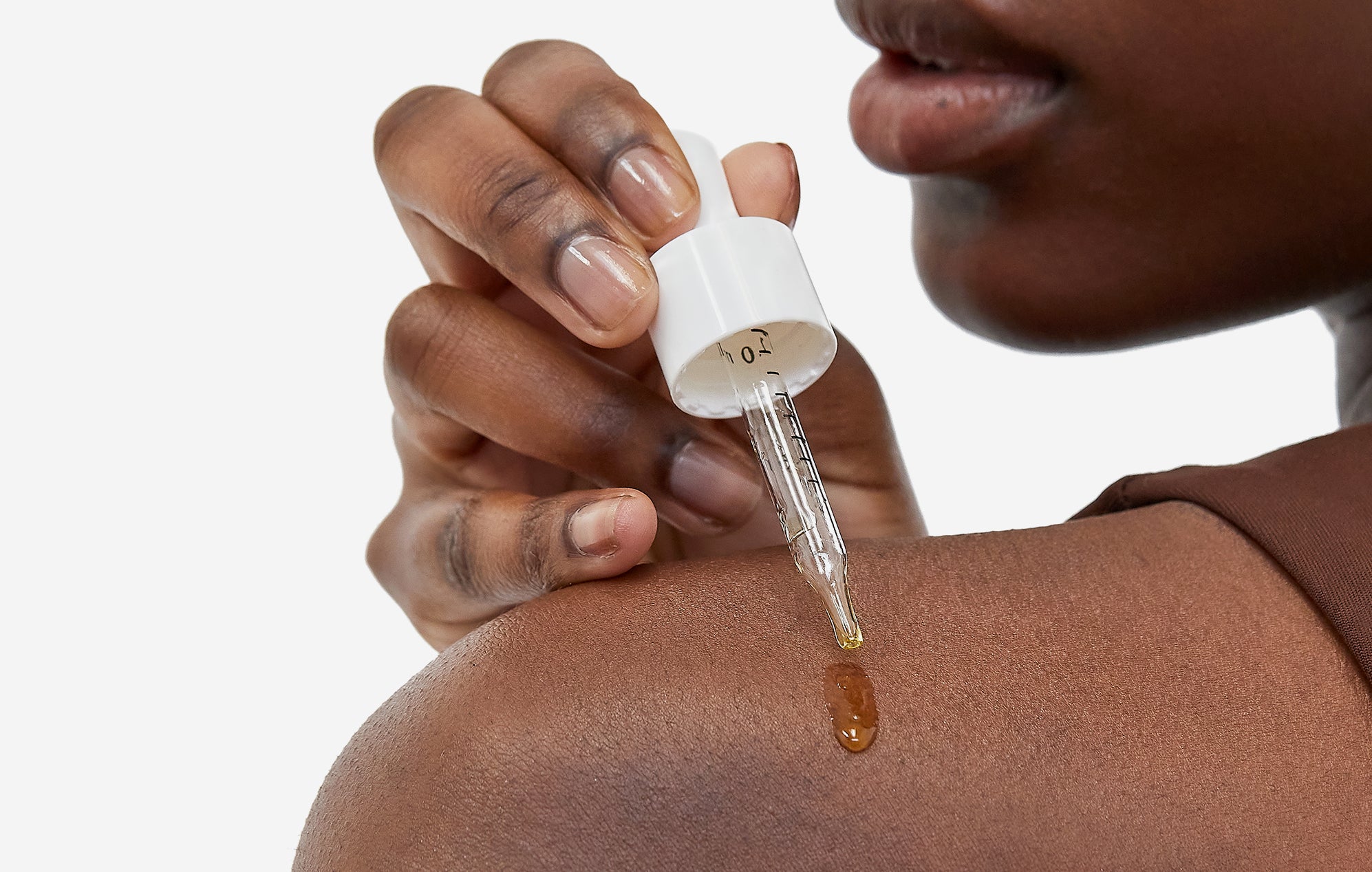
Who Can Take CBD?
As CBD becomes ever increasingly popular, more and more people are wondering whether it’s right for them - and if they can take it in the first place. Let’s look at some of the most common questions surrounding CBD and whether or not it might suitable for your routine:

Can I take CBD with medication?
This isn’t a simple yes or no answer - it will vary depending on what medication it is you are taking.
When you take CBD orally, your body metabolises it in the liver. This is also where many medications you might take and other chemical compounds are processed, so it’s possible for the interactions between CBD and a prescribed drug to influence each other when taken together. The liver’s enzymes used to break down CBD may also be needed for your medication, which could mean that the efficacy of your medication is affected. Therefore, you should always consult with your doctor beforehand to get a professional opinion.
Topical CBD is slightly different, as the CBD doesn’t tend to get past the skin barrier or absorbed into the bloodstream. That being said, we will always encourage being as safe as possible and would recommend seeking professional approval, for your peace of mind.

Can I take CBD while drinking alcohol?
Alcohol and CBD is not a pairing that we particularly condone, as CBD is all about balance whereas alcohol is a depressant that can have the opposite effect on bodily functions, especially in excess. There’s no real danger in combining the two responsibly, so you don’t have to worry about any risk from taking CBD drops before bed if you’ve had a couple of drinks beforehand, for example. Early results suggest that taking the two together could amplify the effects of relaxation, or maybe even reduce the negative side effects of alcohol, but there’s still very little solid research in the area.
Generally, we would say that you shouldn’t intentionally and actively combine the two as there’s no real advantage to it, but that the two can be taken together safely.
Is CBD vegan?
Whilst we can say that all of our products are completely vegan, we can’t speak for the CBD market on the whole. CBD as a chemical compound is vegan, and the two most common extraction methods (ethanol extraction and CO2 extraction) don’t involve any animal products either.
However, no commercial CBD product is 100% CBD. Most products are up to about 20% concentration, with the remainder being made up of other ingredients, depending on the product. This is where you will need to check if the product is made up of vegan-friendly additives.

Usually, CBD oils are made using natural plant-based oils like hemp oil or MCT oil (an extract usually sourced from coconut or palm oil). Topical products such as balms or creams usually have a longer list of ingredients, and may contain non-vegan ingredients as part of their composition. Similarly, edible CBD products such as gummies are often gelatine-based. Some ingredients aren’t always clear, either - glycerine, for example, can be sourced from animals or plants. The easiest way to be sure is to take a look at the packaging or website; the brand should clearly state if their product is vegan friendly.
Is CBD suitable for people with allergies or intolerances?
An intolerance to CBD is very rare, and even in these rare cases in which people have side effects, they are never severe or dangerous. For the vast majority, CBD is very well tolerated within the body, and the worst-case symptoms would be drowsiness and/ or an upset stomach.
Much like we discussed with CBD and veganism, you should make sure to check other ingredients in a product if you have a known allergy or intolerance.
Is CBD halal?
In Islam, intoxication is forbidden - cannabis is certainly considered to be intoxicating and is haram (banned), due to it containing THC; but does extracted, isolated CBD fall into this category?

CBD has been shown to be non-addictive and not cause any intoxicating effects to cognitive function. For these reasons, CBD as a chemical is widely considered to be halal. From here, you’ll need to check the rest of the product. Firstly, are the other ingredients halal? On the most part, this is the case for products on the market today, but it’s always best to check. Secondly, an important consideration is THC content.
Broad or full-spectrum CBD oils can often contain small amounts of THC, which is the intoxicating part of the cannabis plant. The best way to check if a product is free from THC is to look at the lab reports from the brand; all reputable brands should have easily accessible lab reports for you to look at, which will show a breakdown of the cannabinoids and show THC levels. Using these, you can confirm that the product doesn’t contain THC and is indeed halal friendly.
Can I take CBD and drive?
Yes, you can. CBD is legal, doesn’t impair cognition or coordination, and is perfectly safe to take before driving. Some people report mild drowsiness from taking CBD in larger doses, so this is a consideration to bear in mind, but our advice is the same as with taking other medications that have drowsiness as a potential side effect - just be vigilant and use responsible judgement.

But what if you’re pulled over or required to take a drug test - can you still get in trouble? After all, CBD comes from hemp or cannabis, so will the test show up as such? In short, no. Standard drug tests are designed to show up THC, not CBD. If you’ve only taken CBD (provided that there are no trace amounts of THC present in the product), then this shouldn’t be a concern (again, this is when it's useful to check those lab reports).
Can I take CBD while pregnant or breastfeeding?
We don’t recommend this, no. Research in this area has focused mostly on THC rather than CBD, so it’s not really understood what the possible influence of CBD is on an infant. The UK Food Standards Authority (FSA) have advised that you should avoid CBD during pregnancy and while breastfeeding as a precautionary measure, at least until there is more research in the area.


